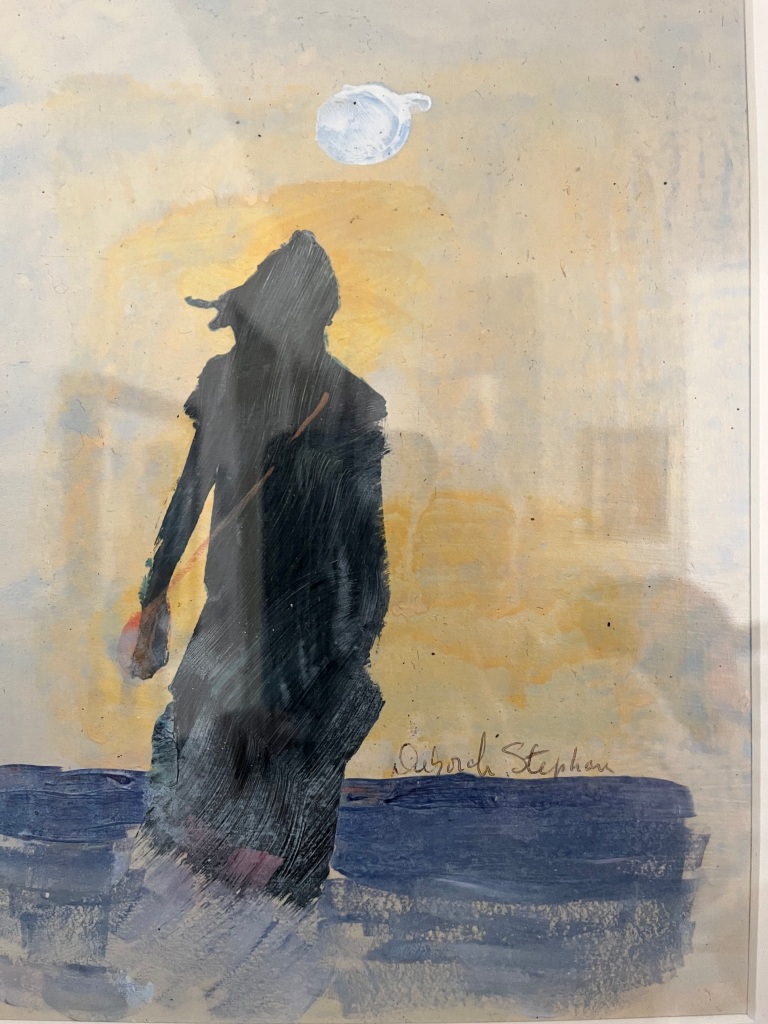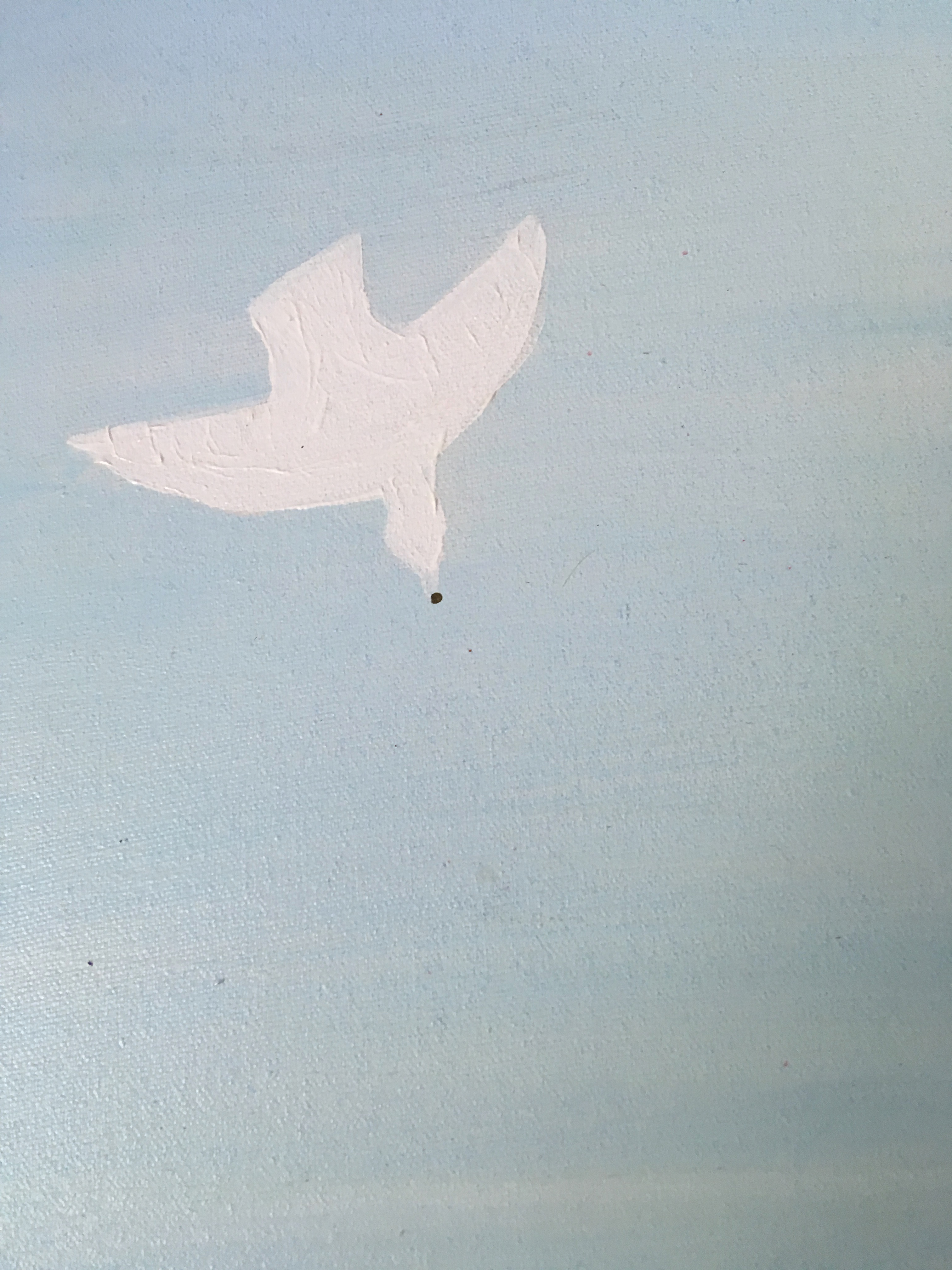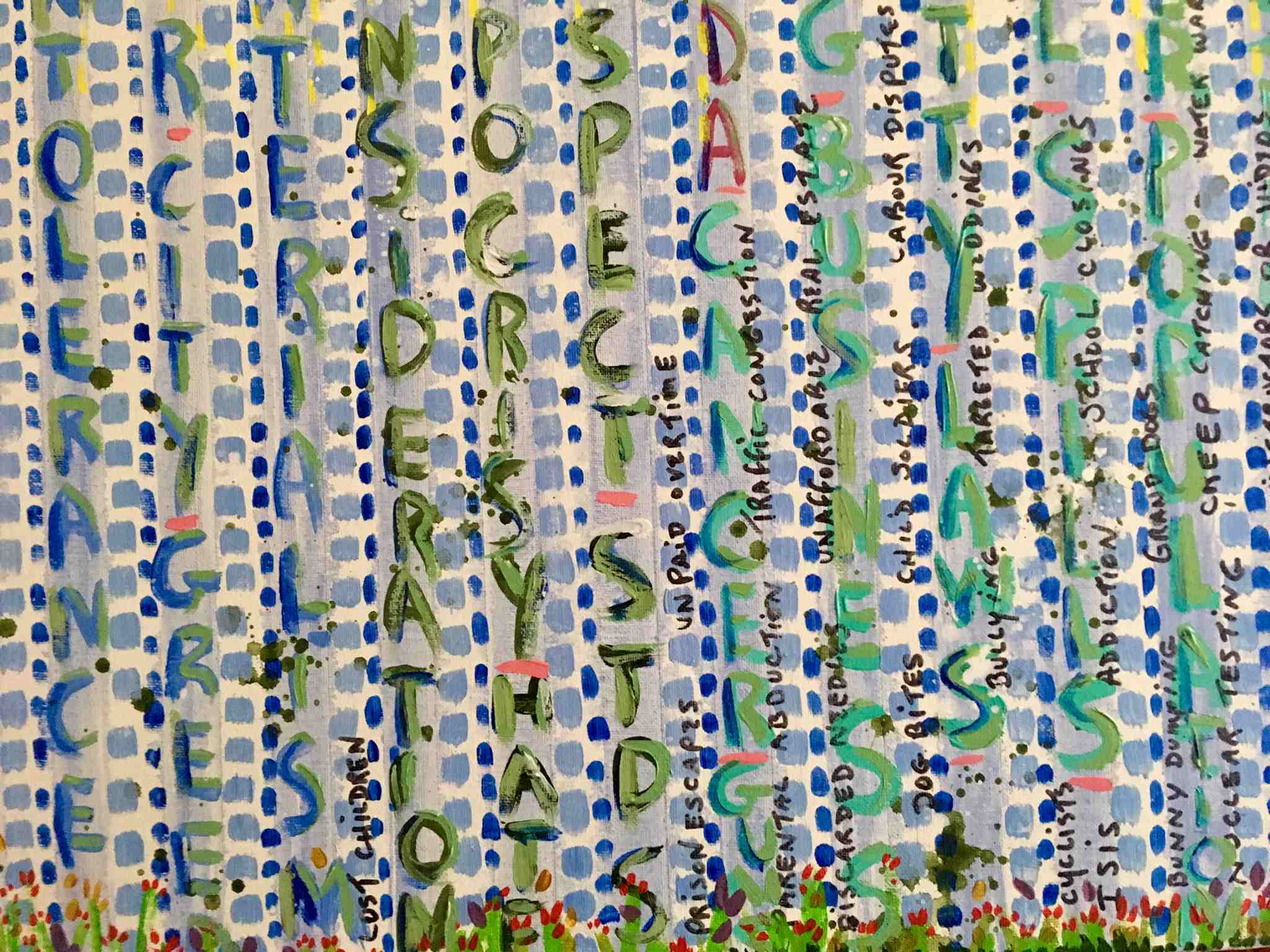
“Upstairs Cafe at Art School” Phone Photo, DS
Coles, Robert. The Call of Stories. Boston, MA: Houghton Mifflin Company, 1989.
487 words
“As I have continued to do psychiatric work with children, I have gradually realized that my teaching has helped that work along –– by reminding me how complex, ironic, ambiguous, and fateful this life can be, and that the conceptual categories I learned in psychiatry, in psychoanalysis, in social science seminars, are not the only means by which one might view the world.” (Coles, xvii)
“The conversations have been about certain books which I use and use in various courses . . . a collective exploration of the personal responses . . . suggestive power . . .” (xviii)
“Concentrate on understanding her, not on trying to change her behavior.” (9)
“I wanted to hear more about her, not about the ‘symptoms.” (10)
“I allowed the patient’s ‘agenda’ to take over . . .” (13)
“As active listeners, we give shape to what we hear, make over their stories into something of our own.” (19)
“Why not let her story keep unfolding . . . “ (20)
“Few would deny that we all have stories in us which are a compelling part of our psychological and ideological make-up.” (24)
He ended with a plea for ‘more stories, less theory’.” (27)
“Their story, yours, mine, –– it’s what we all carry with us on this on this trip we take, and we owe it to each other to respect our stories and learn from them. “ (30)
“It’s sad the way people get lost when they run up against other people.” (42)
“She was able to announce, at one point, that Pride and Prejudice offered parallels of sorts to the circumstances in her high school.” (43)
“Sometimes, it’s those ‘down’ moments when you do your best thinking.” (49)
“There are worse words than cuss words, there are words that hurt.” (51)
“Her stories worked their way into the everyday life reality of their young lives: watching their mothers iron, and thinking of a story; watching a certain heavy drinking friend, relative, neighbor, and thinking of a story, watching children in church, and themselves in school, and thinking of a story.” (57)
“You feel ashamed of yourself for those ideas, until you get to realize that lots and lots of people (maybe everyone) has them –– at least sometimes.” (59)
“With a novel . . . [if] you take things slowly, and get your head connected to what you are reading then (how do I say it?) the story becomes ours. No I don’t mean ‘your story’; I mean you have imagined what those people look like, and how they speak the words in the book, and how they move around, and so you and the writer are in cahoots . . . feel his isolation, his bad luck, and react with anger at the wrongs done him.” (64)
“Some novelists, of course, are forthrightly concerned with ethical reflection.” (82)
“The stories are emotionally powerful and have a strong effect on the students.” (89)
“We got together weekly from then on.” (93)








